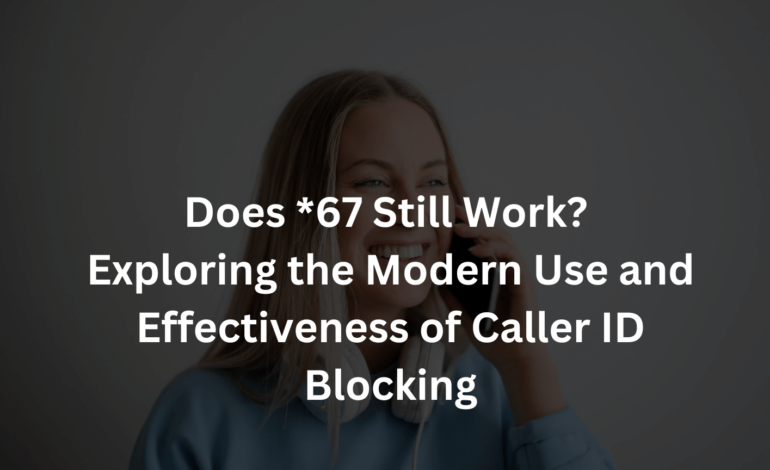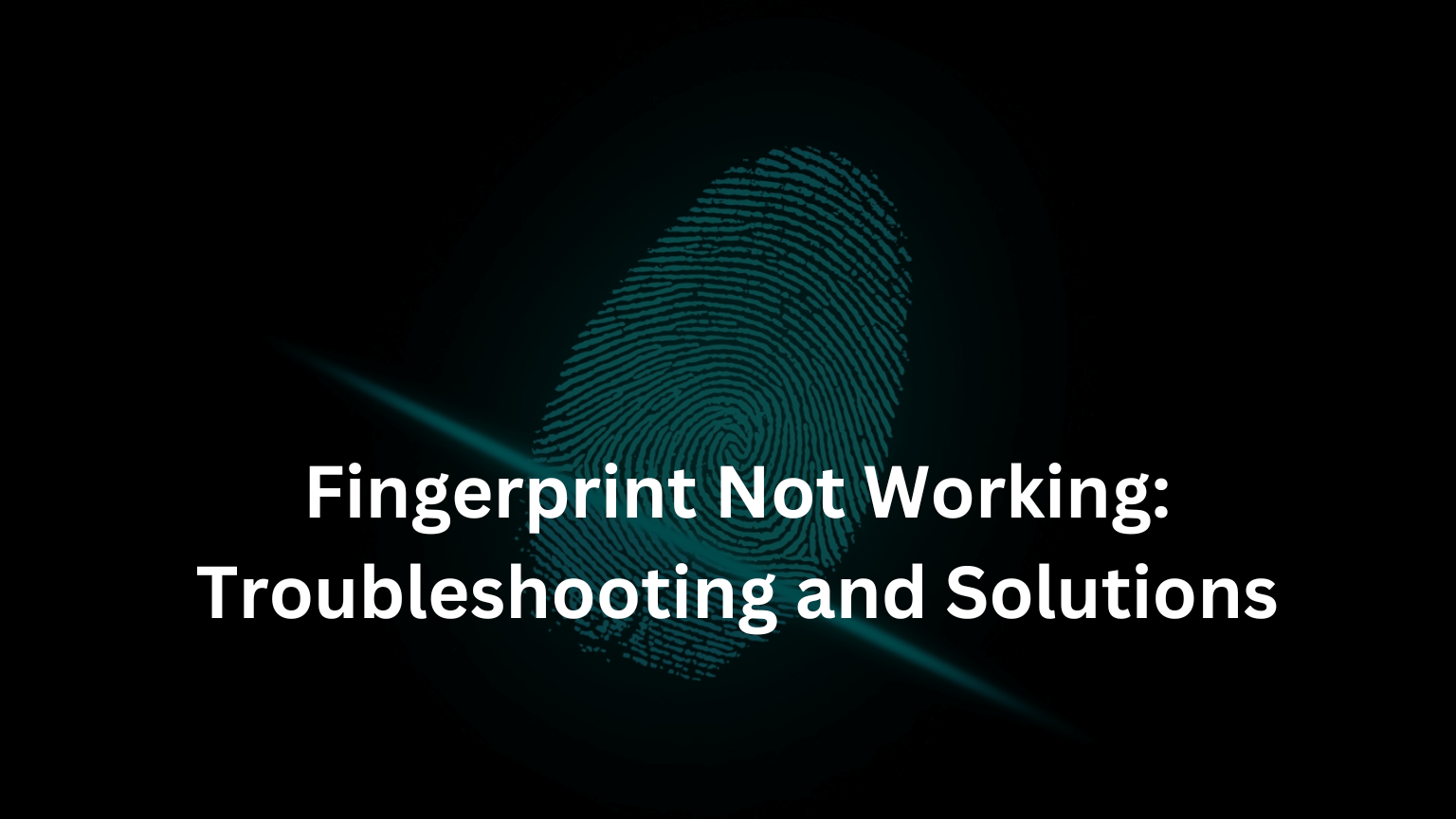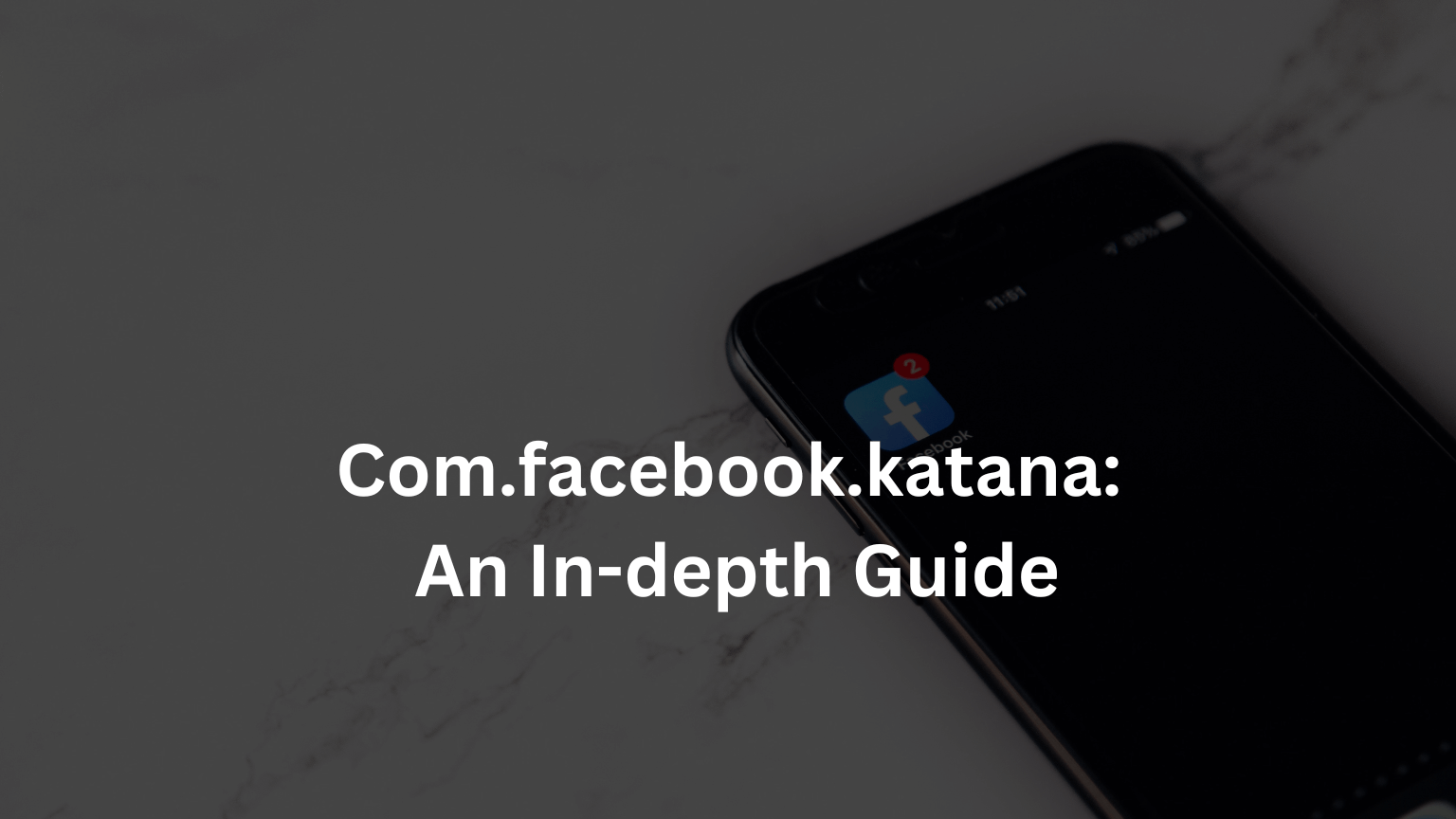Does *67 Still Work? Exploring the Modern Use and Effectiveness of Caller ID Blocking

In the age of smartphones, maintaining privacy during phone calls can be crucial. One method that has been popular for years is dialling *67 before a phone number to block caller ID. But with advancements in technology and changes in telecommunication regulations, you might wonder: does *67 still work? This comprehensive article will explore the functionality and effectiveness of *67 in today’s telecommunications landscape and alternative methods for blocking your caller ID.
Understanding *67 – Does *67 Still Work?
How Does *67 Work?
Dialling *67 before a phone number temporarily blocks your caller ID from display to the recipient. This feature is widely used for making anonymous calls or protecting personal information. Essentially, *67 is a code that activates the caller ID blocking service offered by your carrier.
The History of *67
The *67 code has been a staple in telecommunication since the advent of caller ID services. Caller ID was introduced to help people identify who was calling them, which also raised privacy concerns. *67 was developed to address these concerns, allowing users to prevent their phone numbers from being shown ensuring privacy for outgoing calls. Initially, it was mainly used for landlines, but it has since been adopted for mobile phones.
The Current Effectiveness of *67
Does *67 Work on All Phones?
*67 works on most landlines and mobile phones in North America. However, its effectivly can vary based on the carrier and the type of phone being used. Most carriers in the United States and Canada support *67, but some regional carriers might not.
Carrier Restrictions
Some carriers have implemented restrictions or modifications that might affect the performance of *67. For instance, certain mobile carriers may block anonymous calls by default or provide recipients with an option to reject anonymous calls. It is advisable to check with your carrier to understand any limitations or changes in the service. Additionally, some airlines may charge for using this feature, so reviewing your plan details is essential.
Modern Smartphones and *67
Most modern smartphones support the *67 feature, but users might need to confirm this by performing a test call. It’s also essential to consider that the recipient’s phone system must support caller ID blocking for *67 to be effective. Some smartphone models also offer built-in settings to block caller ID, which can be more convenient and reliable than using *67.
Using *67 in Different Situations
Personal Calls
for personal calls where you wish to remain anonymous, *67 can still be an effective tool. However, remember that repeated anonymous calls might lead to suspicion, or the recipient blocks anonymous numbers. It’s also essential to use this feature responsibly to avoid misuse that is perceived as harassment.
Business Calls
Using *67 for business calls might only sometimes be appropriate, especially if transparency is crucial for trust. Sometimes, businesses prefer alternative methods for protecting their caller ID. For instance, using a business-specific phone number or a virtual number that can be controlled and customized might be more suitable.
International Calls
The effectiveness of *67 can vary significantly for international calls. It might only work with some international carriers, so testing and verifying before relying on it for privacy is essential. International calling often involves different telecommunications regulations, and not all regions support the same features as North America.
READ ALSO: Why Would a Text Message Not Be Delivered? – Here are the top 20 reasons behind!
Alternatives to *67
Per-Call Blocking Codes
Different regions and carriers might offer alternative per-call blocking codes. For instance, you might use #31# instead of *67 in some areas. You must check with your carrier for the specific code that works in your region.
Permanent Caller ID Blocking
Most carriers offer the option to block your caller ID permanently. This can be set up through customer service or your account settings, providing a more consistent solution. This method is ideal for those who frequently need to make anonymous calls and want to avoid dialling *67 each time.
Using Third-Party Apps
Several apps are available that can provide more advanced caller ID-blocking features. These apps can offer additional privacy options and user-friendly interfaces. For example, apps like Burner, Hushed, and others block caller ID and allow you to create temporary phone numbers for different purposes.
SEE: Why Does YouTube Keep Pausing?
Technical Considerations and Limitations
Caller ID and VOIP Services
With the rise of VOIP (Voice over Internet Protocol) services, the way caller ID blocking functions can vary. VOIP services might have their methods for blocking caller ID, separate from traditional *67 functionality. For example, services like Skype and Google Voice have built-in features to hide your caller ID.
Call Tracking and Legal Restrictions
Specific organizations like emergency services can see your caller ID even if you use *67. Additionally, legal restrictions regarding anonymous calling might apply in some regions. For instance, in some jurisdictions, hiding your caller ID for malicious purposes might be illegal, and fines could be imposed for such actions.
How to Test *67
Performing a Test Call
To ensure *67 works with your carrier and phone, perform a test call to a trusted contact. Ask them if your caller ID was blocked to confirm the functionality. This simple step can protect you from embarrassment or issues if *67 doesn’t work as expected.
Troubleshooting Issues
If *67 doesn’t work, consider troubleshooting by checking your carrier’s support resources or experimenting with alternative blocking codes. Also, ensure that no settings on your phone or account might override the *67 code.
The Future of Caller ID Blocking
Technological Advancements
New methods for maintaining privacy during calls will emerge as telecommunication technology evolves. For example, advancements in encryption and secure communication protocols might offer new ways to ensure caller anonymity. Keeping informed about these advancements can help you stay ahead and protect your privacy.
Regulatory Changes
Changes in telecommunication regulations might impact the availability and effectiveness of caller ID-blocking features. Staying updated with regulatory news can provide insight into future changes. For example, stricter privacy laws might enhance your ability to block caller ID, while new regulations could limit this capability in favour of security and transparency.
FAQs – Does *67 Still Work?
Does *67 work on cell phones?
- Yes, *67 generally works on most cell phones, but testing with your specific carrier and device is always good.
Can the recipient see my number if I use *67?
- No, if *67 works correctly, the recipient will see “Private Number” or “Blocked Number” instead of your phone number.
Does *67 work for international calls?
- *67 might only work with some international carriers. It’s best to test before relying on it for international calls.
Can I block my caller ID permanently?
- Yes, you can request that your carrier permanently block your caller ID. This setting can often be managed through customer service or online account management.
What if *67 doesn’t work with my career?
- Check for alternative per-call blocking codes or consider using third-party apps that offer caller ID blocking features.
Can emergency services see my number if I use *67?
- Emergency services can typically see your caller ID even if you use *67, ensuring they can respond effectively to emergencies.
Conclusion – Does *67 Still Work?
While *67 remains a valuable tool for blocking caller ID, its effectiveness can vary based on several factors, including carrier restrictions and the type of phone used. Understanding how *67 works and exploring alternative methods can help maintain your privacy during phone calls. As technology and regulations evolve, staying informed will be essential to manage your caller ID privacy effectively.







